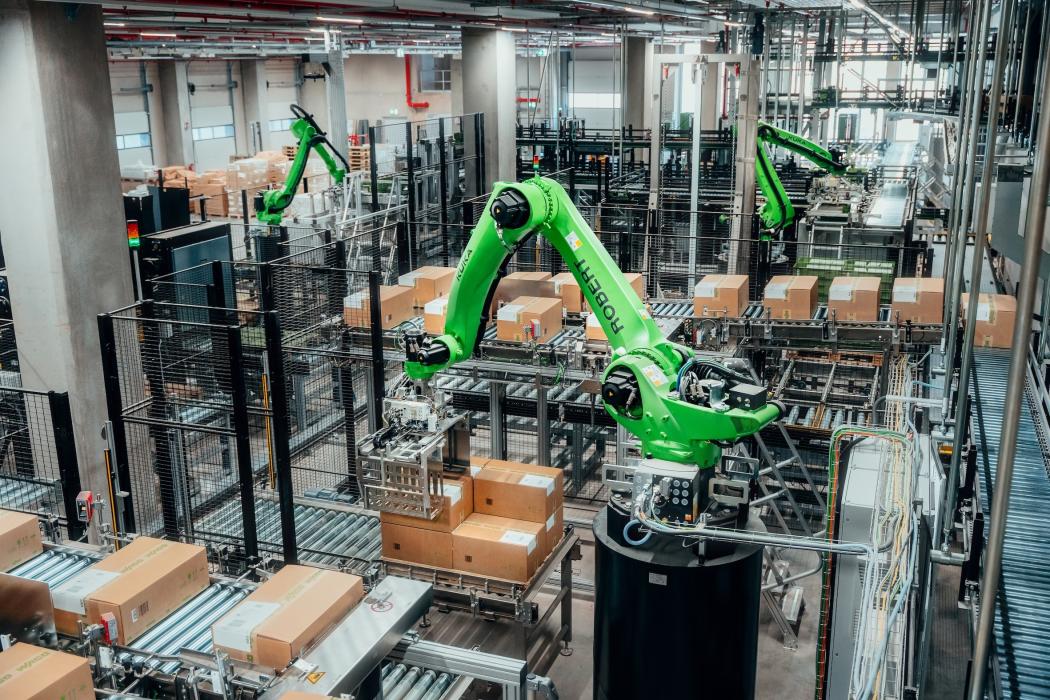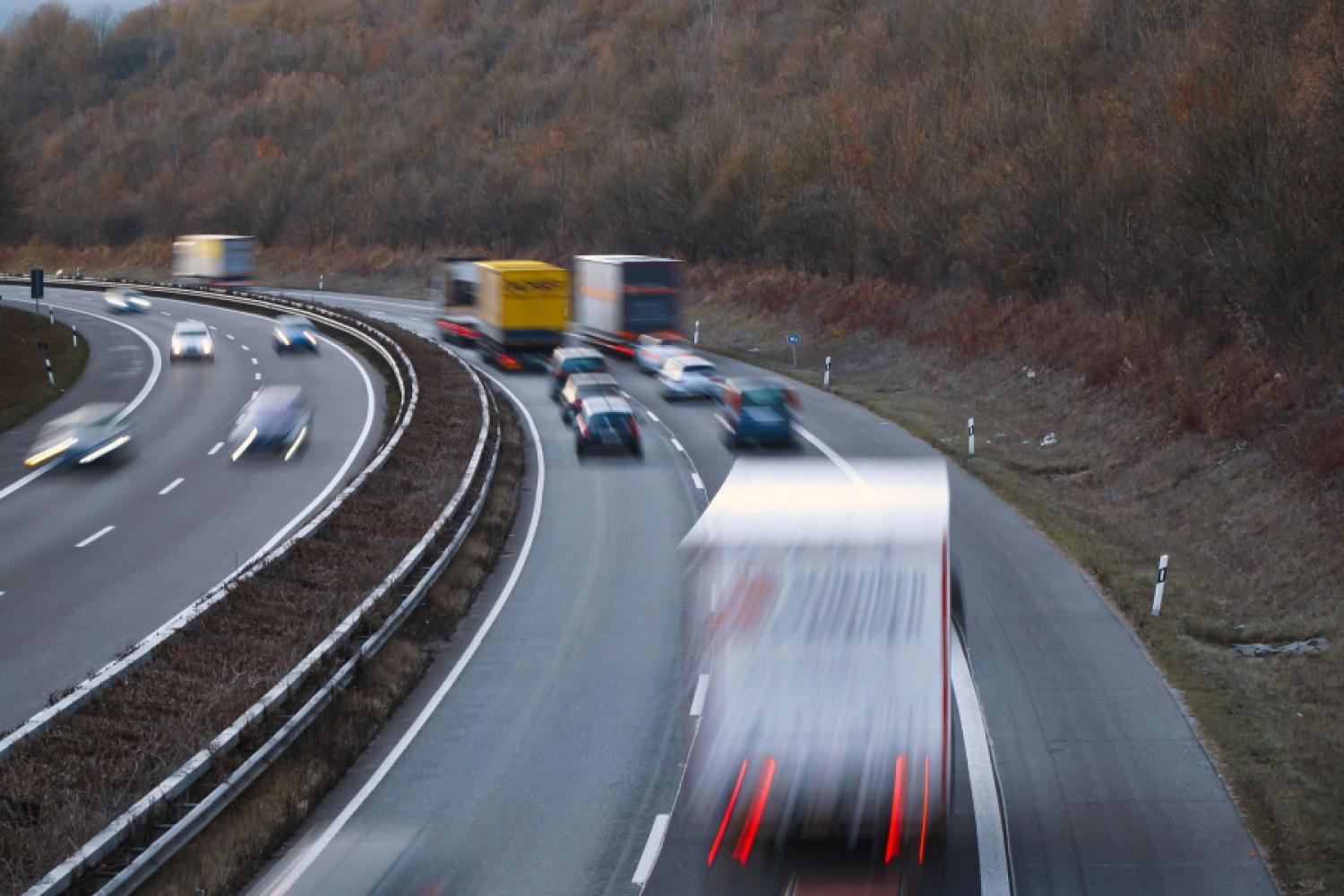The provider of connection and automation technology, Wago, has put its recently constructed central warehouse in Sondershausen into operation. With the facility, the family company is significantly expanding its capacities at its “gateway to the world” and plans to set the course for further international growth as well as the customer requirements of tomorrow, according to a press release from Wago on May 16.
The expansion of the logistics center in Sondershausen was completed in 17 months on a 35,000 square meter site. The centerpiece is
a modern high-bay warehouse, which with its 11,000 square meters of storage space more than doubles the previous capacity. Up to 160,000 containers and 5,700 pallets can be stored there, making it possible to process up to 12,000 orders per day at full capacity. According to Wago, this allows more than three million orders per year to be quickly and efficiently distributed from Thuringia to the world. Modern robotics are used, and the shipping process is fully automated.
“Thanks to the new, highly automated structure, orders
can be picked even faster and shipped more efficiently,” said Diana Wilhelm, Vice President Corporate Logistics. “This allows Wago to meet the growing needs of its customers worldwide and also to hold its own in global competition.”
In line with Wago's sustainability strategy, responsible use of resources and energy-efficient technologies were also considered in the planning of the new logistics center. Thus, the new building is entirely free of fossil fuels. The building is heated by an intelligent heat pump system and features a large photovoltaic
system for its own power generation. According to Wago, a paper wrapper is being used to wrap pallets for the first time in the German-speaking region to sustainably reduce packaging waste.
“With the expansion of the logistics center, Wago underlines its commitment to growing resource-efficiently, customer-focused, and with a view to the future,” said CEO/CFO Jürgen Koopsingraven. “The Sondershausen site as a hub for production and logistics is of central importance.”
He is pleased that their “gateway to the world” is now even more open to






